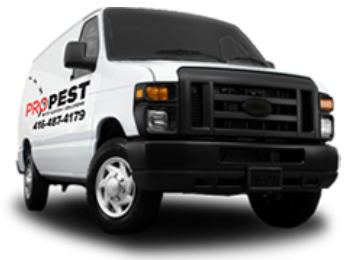Storing birdseed sounds like a simple enough task; however, it can attract mould and pests. In addition to this making the food bad for the birds, this can also cause inconvenience for you. Here are some tips you can use for storing birdseed to keep it from attracting pests:

1. Use Durable Containers
Avoid using plastic or paper bags. Insects and rodents can tear through bags easily, leaving you with a huge mess. Instead, use durable containers that cannot be penetrated (like metal cans or plastic containers). Your container should have an airtight lid as well.

2. Double Pack
As an extra precaution, you can “double pack” your seed in two containers to be extra certain nothing can get to it. This is a great option if you buy birdseed in bulk and need to store it in a garage or outdoor shed. You can also repack seed in large, zippered bags and store them in airtight containers.

3. Store Indoors
When possible, keep your seed somewhere less likely for animals to discover it. Find a cool, dry place inside your home (this prevents mould growth). By keeping seed fresh, you can benefit from that bulk seed purchase.

4. Freeze the Seeds
If you don’t have the right containers for storage, you can freeze birdseed to keep it fresh. This will also kill any larvae or eggs possibly present in the seed. Packing birdseed in an airtight container and freezing can keep it fresh for months or years. Never refrigerate the seeds; humidity can encourage mould growth (and insect development if any are present).

5. Inspect
One way of telling if your birdseed has gone bad is if birds no longer visit the feeder. If that is the case, then you have to check for infestation and mould. Try sifting the seed to check for hatched larvae or dampness. You can also sniff the seed or check for discolouration. If the seed seems “off,” throw it out and thoroughly clean the container before using it again. (The feeder will also need to be sanitized.)
Birdseed, left unprotected, is a natural draw for all kinds of critters. If you have animals rifling through your garage, shed, or kitchen cupbourds, call a pest control professional.
In the Toronto area, call Pro-Pest to remove animals or insects without causing harm to local birds, neighbours, or yourself. To get an handle on pest problems, contact us at (416) 487-4179 for a consultation.














